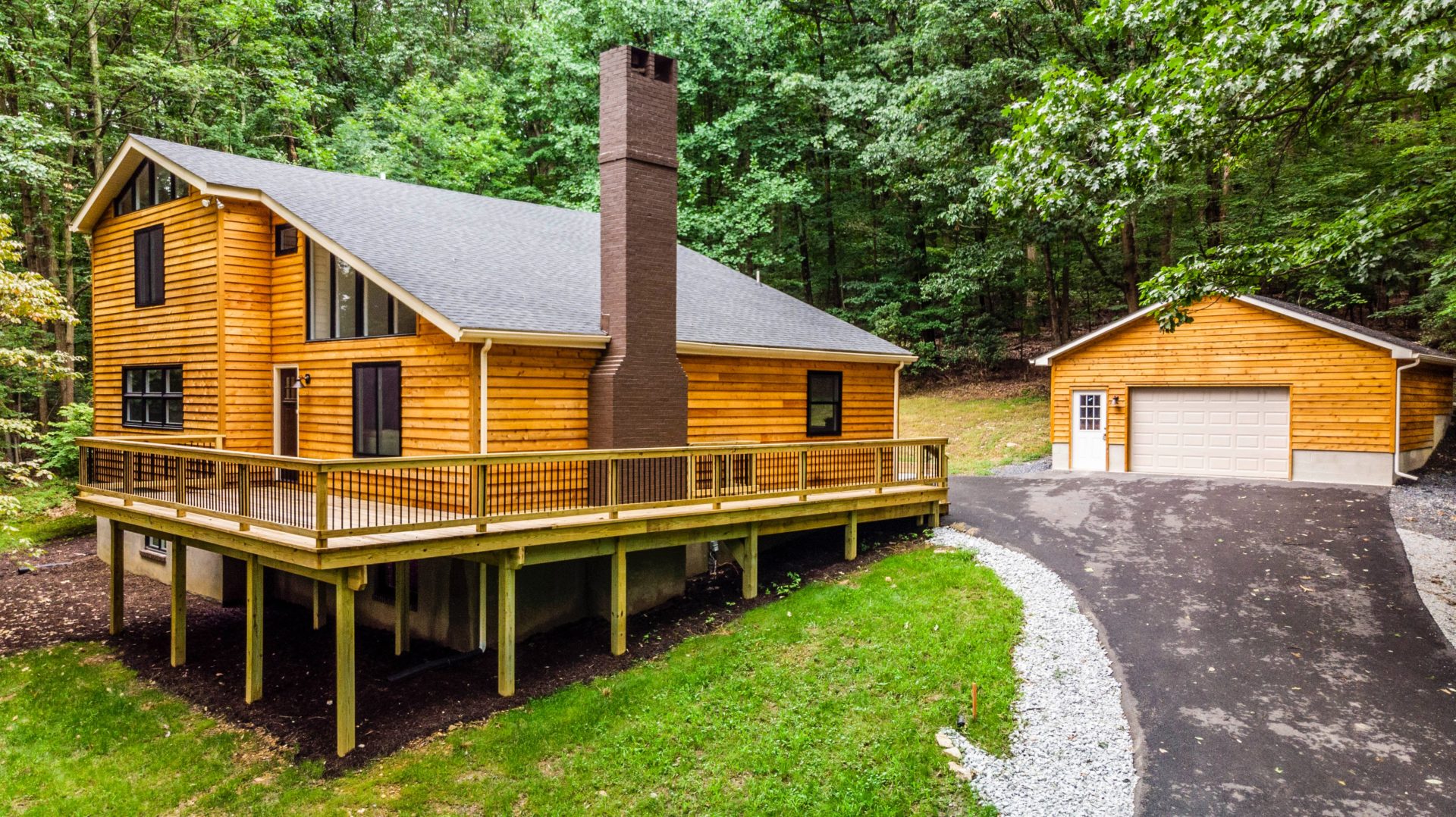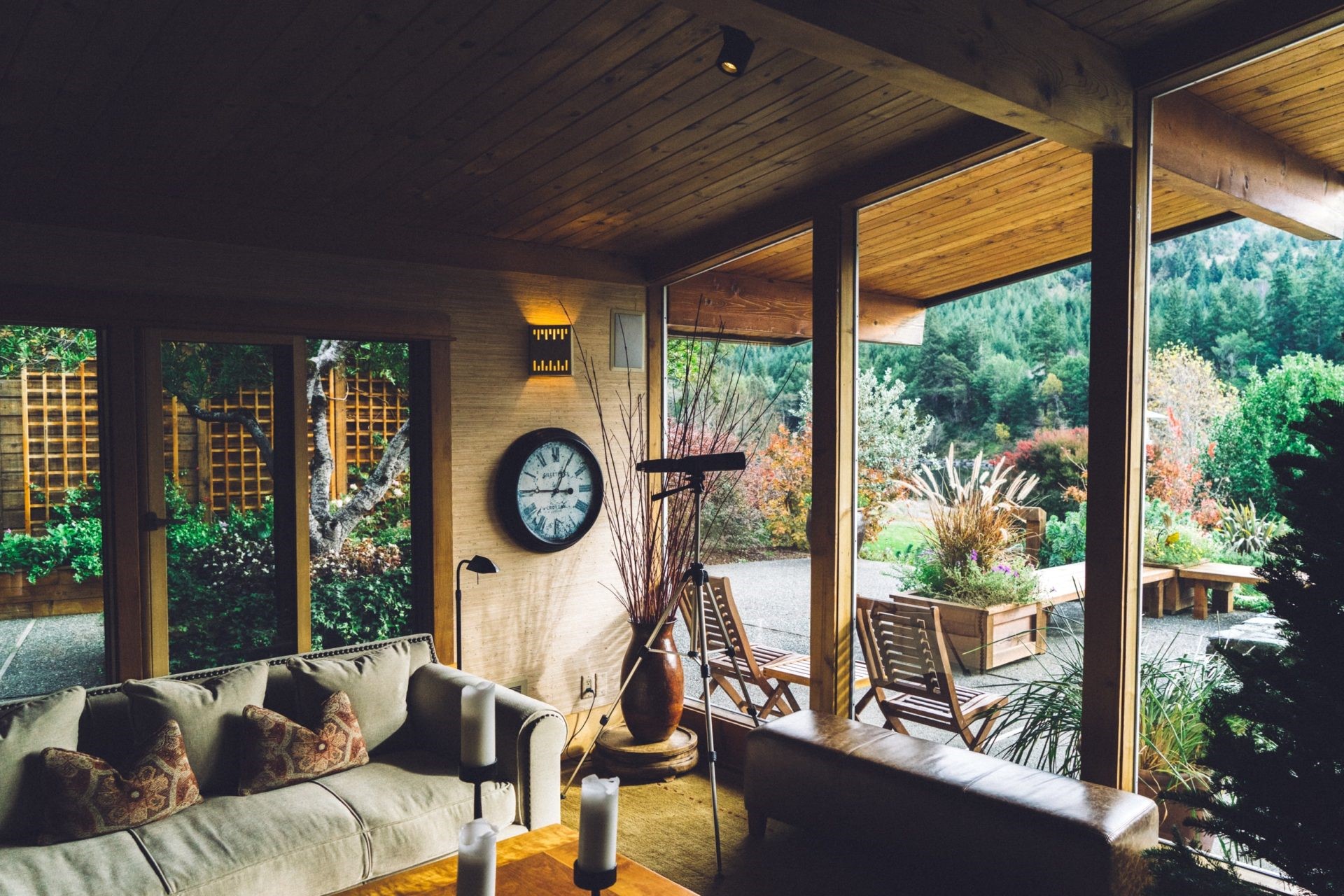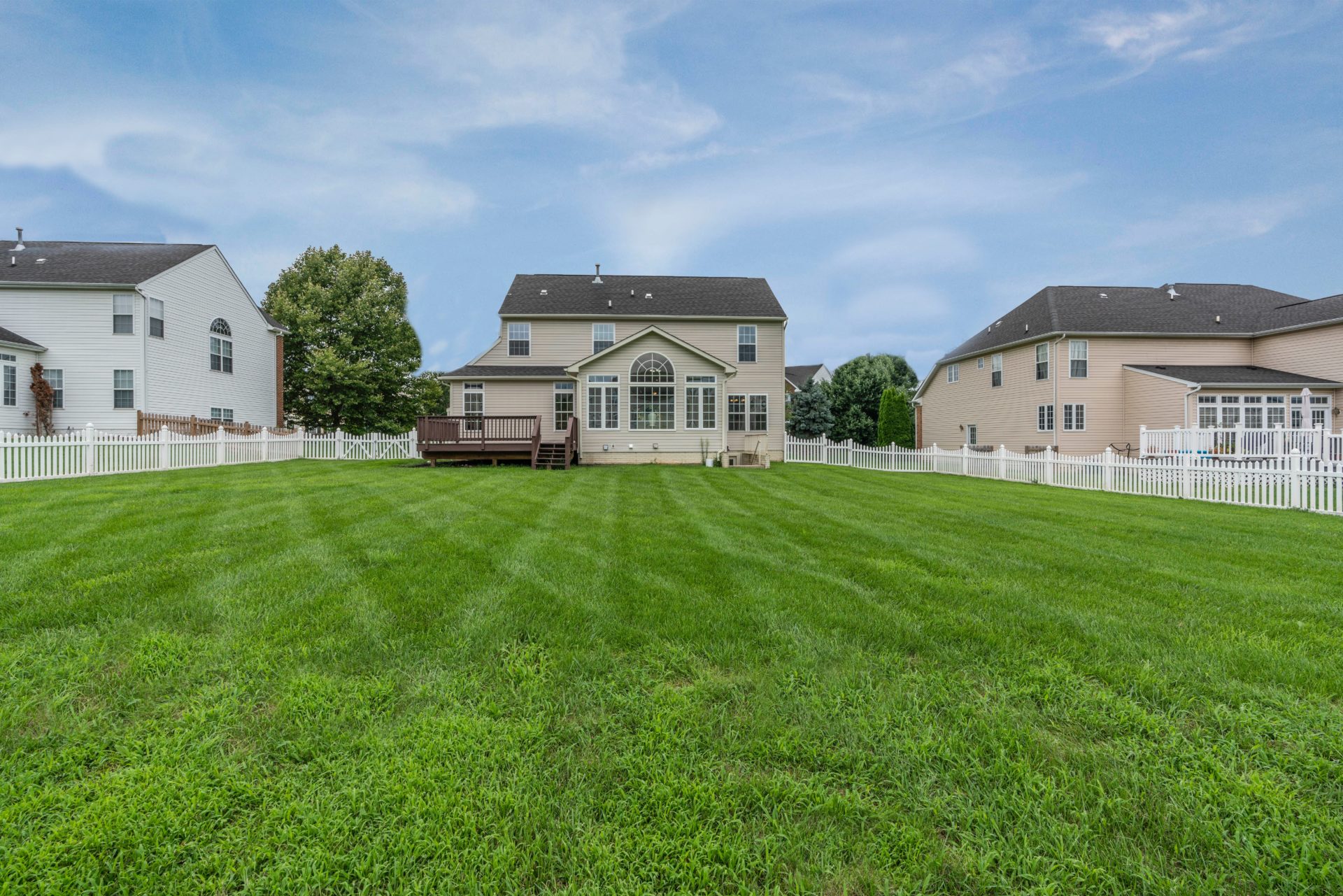Building your own home
Tips for buying new construction
For a first-time homeowner, building your own house or buying a newly constructed home has some excellent advantages. For starters, you don't have to deal with typical resale issues like painting, refinishing scratched floors or uncovering questionable DIY repairs done by the previous owner. Here are some items to pay close attention to if you're building a house for your first home.
3 types of new construction homes
- Production homes have fixed plans. After touring the model home, you'll know exactly what to expect. But you can't customize it. This allows for lower prices and quicker delivery.
- Semi-custom homes also start from a plan and a model home walk-through, but they can be customized. Expect to pay a little more and wait a little longer.
- Custom-built homes result from a collaboration between you and your builder. There's no walk-through, but it's designed just for you and, therefore, more expensive.
First, hire a Realtor with new construction experience
Developers often have sales reps on location, leading shoppers to think they don't need a real estate agent. But purchasing new construction is different than buying a resale home. On-site sales reps seem helpful, but their job is to put the builder's interest first, not yours. And don't make the mistake of “dropping by” to register at their sales office: you could lose the opportunity to hire an agent to represent you, help you negotiate and keep you from making a bad deal.

Consider builder reputation
Online reviews will reveal if there have been complaints or liens on a builder's properties. You can also check the Better Business Bureau to make sure they're above-board. Better yet, ask your agent to put you in touch with people who live in homes built by the same developer.
Scope out the hood
Visit build sites at different times of the day. A neighborhood can look peaceful on the weekend, but be snarled in traffic during the week. Try contacting local licensing boards to get an idea of other developments planned for the area.
Be an early bird
Your best chance for a deal is early on — when developers test market interest with a “first release” of a handful of properties. After that, prices may rise and be non-negotiable. NewHomeGuide is an excellent place to discover upcoming new construction.

Location, location, location
If you're not building on your own lot, seek out new construction units near the center of the proposed development, away from street traffic noise. If you're considering townhouses or attached homes, choose an end unit. With only one shared wall, it'll be quieter and have better resale value.
Skip the model home
Unless it's offered at a super discount, don't opt for the model home. To attract drive-by shoppers, they tend to be situated close to busy streets. Either that or they're near noisy amenities like swimming pools and parking lots. They're often loaded with high-end finishes, too, adding to the price. Plus, the model is typically the last to be sold, you'll need to find somewhere else to live for a while.
Never hurts to ask
Because model homes usually have nicer fixtures than what is considered standard, ask what options are available for your unit. Builders make a nice profit on upgrades of appliances and landscaping, and you probably won't get any price cuts, but some developers are open to letting buyers roll the cost of upgrades into the loan amount.

Timing is everything
Unless you're working with a private builder, your developer is likely part of a publicly-traded company and needs to hit regular sales goals. That means the company may be inclined to make a deal toward the end of the month. Also, deals can fall through, so ask your Realtor to look out for opportunities that spring up if another buyer backs out.
Let the sunshine in
Nothing's worse than discovering too late that your newly-built home doesn't take advantage of natural light. When picking your lot, remember, the sun rises in the east and sets in the west.
Contract variations
Instead of standardized contracts, many builders use custom contracts that are developer-friendly. Have a lawyer — preferably one who is well-versed in new construction — review all contracts.

Negotiating closing costs
Knowing what's important to you and determining what a developer might be flexible on are two good reasons to have an agent with new construction experience on your side. For example, builders won't want to be at a disadvantage when dealing with future buyers, so they may be resistant to negotiate price, but they may be willing to cover closing costs to seal the deal.
What about warranties?
Because new construction can sometimes be rushed and problems might not be visible when you first move in, you need a warranty. Most cover a new home's material and workmanship for one or two years. And coverage can last 10 years or more on major structural elements, such as roofing, garage doors, HVAC, plumbing and electrical. Get your lawyer to look things over, and always ask for the manufacturer's warranties for installed appliances.
Homeowners Association
Carefully review the Homeowner Association bylaws and CC&Rs (covenants, conditions and restrictions). These can keep you from painting your front door bright red, planting a tree out front or having a pet. Some even dictate which window treatments are allowed. Look into what your HOA insurance covers and when fees are due: some HOA costs may not transfer from builder to owner until a certain percentage of the project is sold.

Inspection X 3
With new construction, you want three inspections. The first ensures the site has been excavated and graded correctly. The second inspection takes place after the frame and roof are in place, but before interior walls go up. Here the inspector is looking for proper installation of beams, posts, studs, wiring, plumbing and more. The final one — to ensure the home is safe and up to code — is similar to inspections done on any resale property.
Choosing the right lender and getting pre-approved
If a development is in high demand, priority may go to first-time buyers who are pre-approved, so discuss that with your lender up front. Pay attention to interest rates but, more importantly, seek out a loan officer who is experienced in new construction loans and can meet strict deadlines, especially closing dates. Just as builders often have their own sales reps, they might also have in-house lenders, with similar allegiances, so be forewarned.
Movement Mortgage loan officers are adept at financing all types of loans and are particularly skilled in residential new construction. Get started building your new home by searching our database of more than 1,200 experienced loan officers across the country to see if you're pre-approved today.



